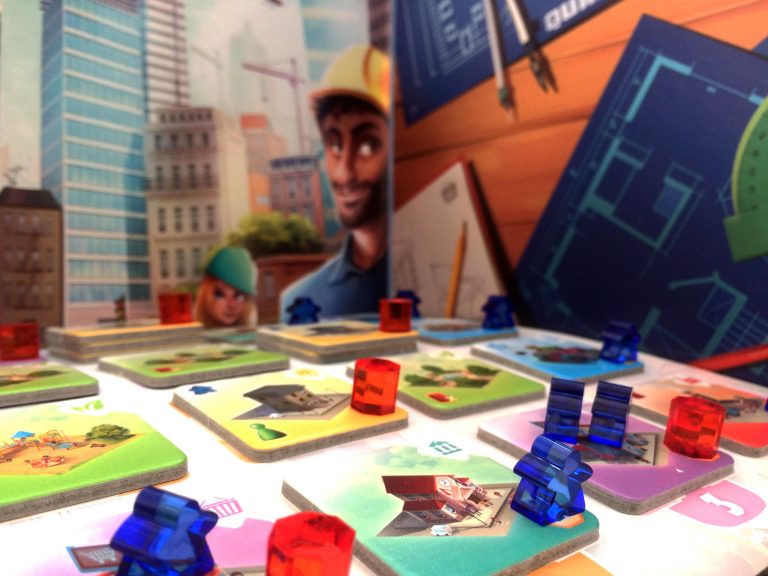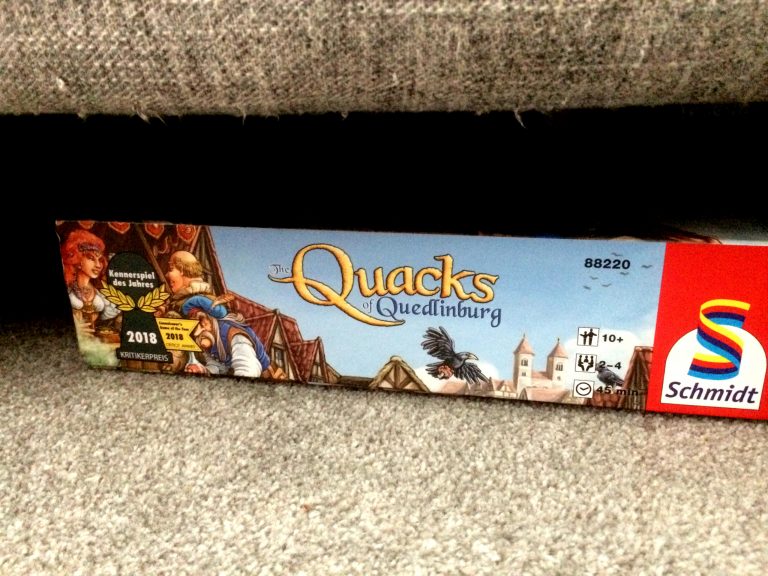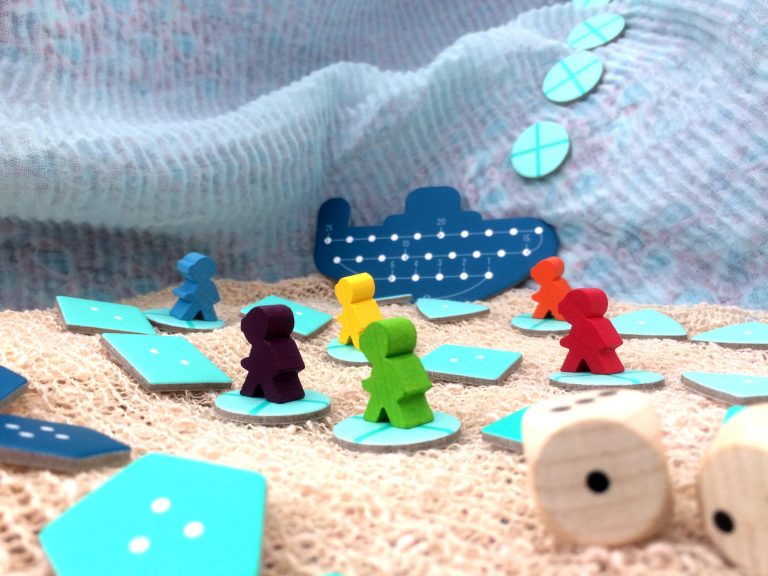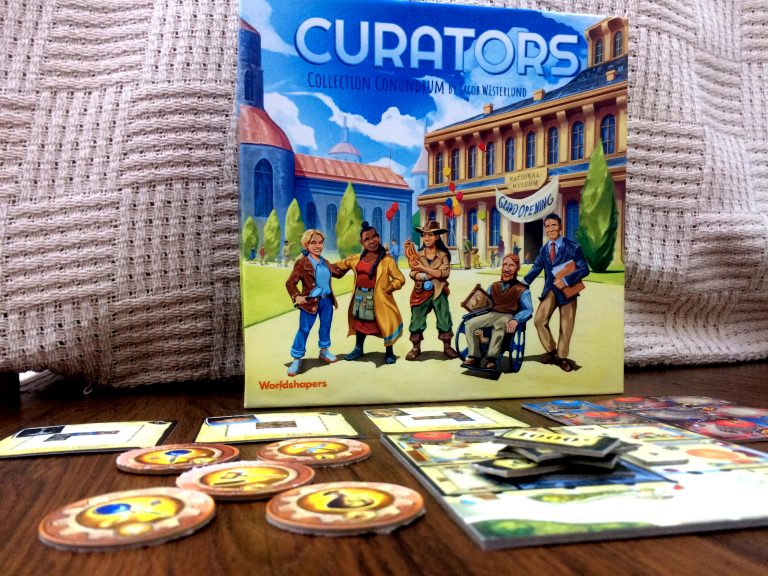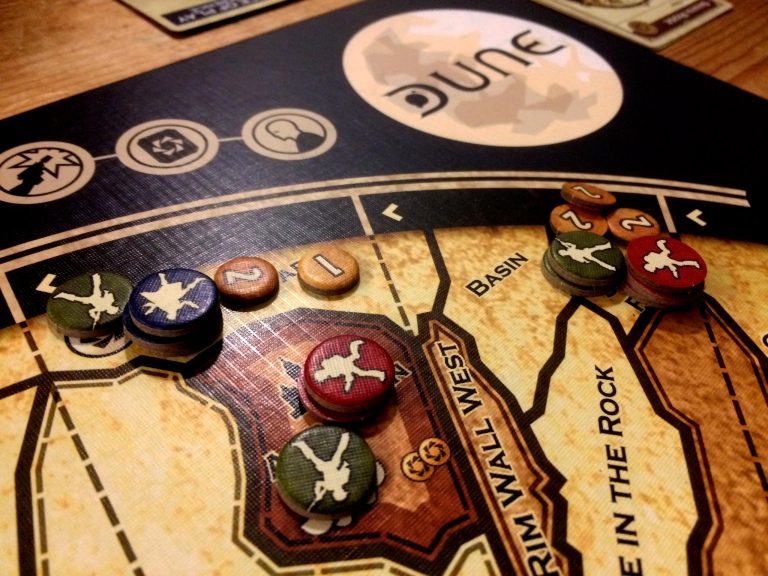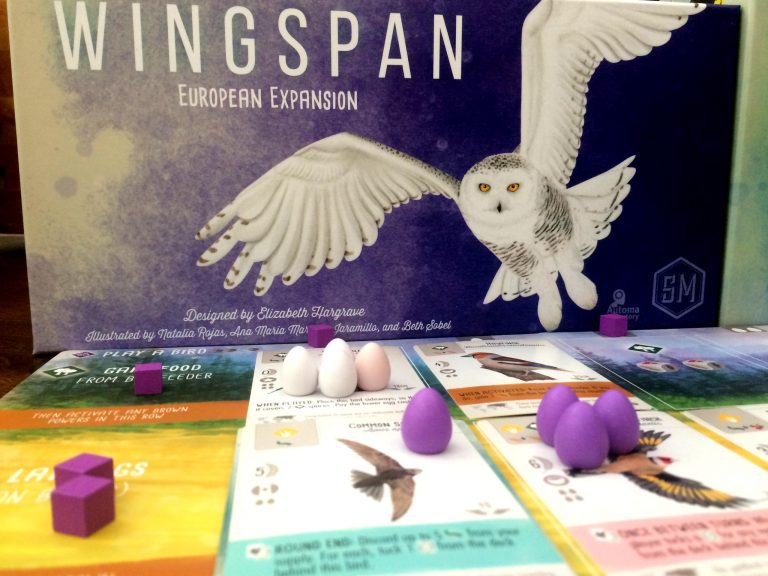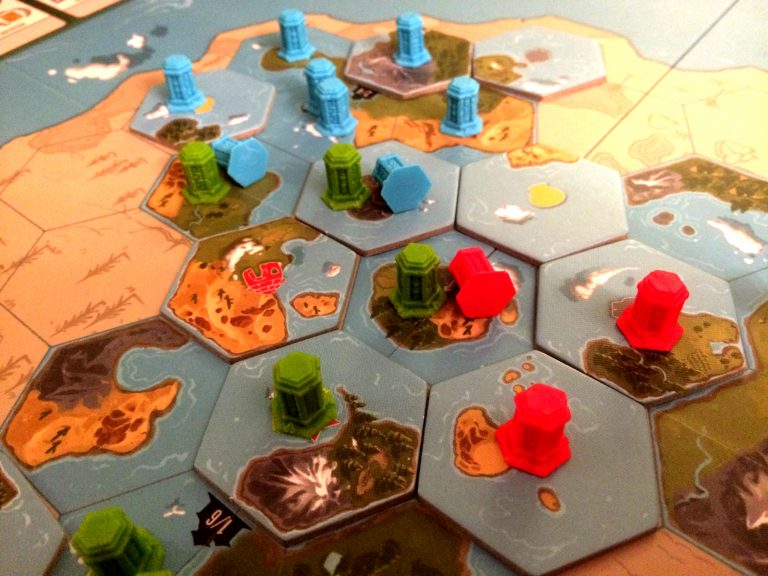Calculated victory (Topic Discussion)
If you like competitive games, then you're probably familiar with trying to gauge where in the ranking you currently are during the game. Some games offer score tracks, so it's immediately clear how far ahead or behind you are - or if you're somewhere in the middle. Many games, however, keep the score hidden and it only becomes clear at the end who won. Yet, it can be very important to know if you're in the lead or not, so you can plan accordingly.



